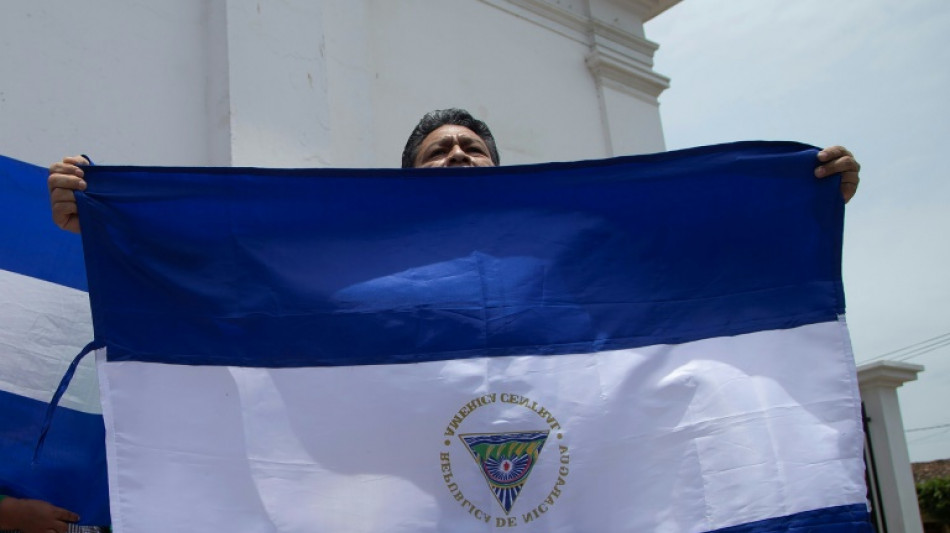
-
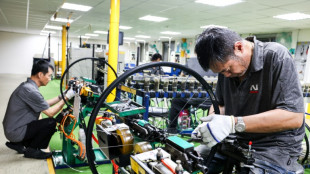 Taiwan bicycle makers in limbo as US tariff threat looms
Taiwan bicycle makers in limbo as US tariff threat looms
-
Tobacco town thrives as China struggles to kick the habit
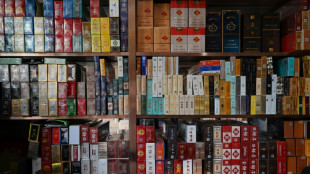
-
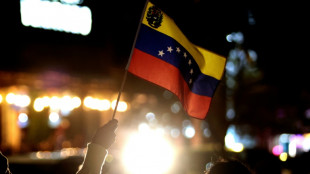 Venezuelan opposition figures 'rescued', now in US: Rubio
Venezuelan opposition figures 'rescued', now in US: Rubio
-
China eases monetary policy to boost ailing economy
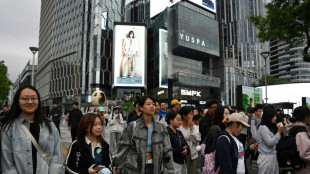
-
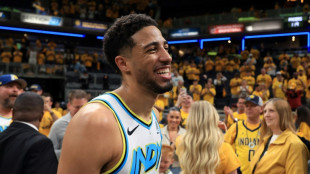 Haliburton stunner sinks Cavs as Pacers take 2-0 series lead
Haliburton stunner sinks Cavs as Pacers take 2-0 series lead
-
No rate cuts expected from US Fed facing 'unfavorable' conditions
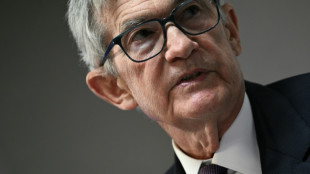
-
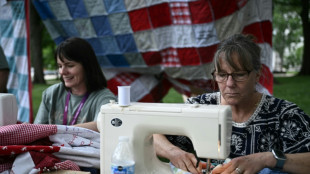 'No one is illegal': Mormon women stage patchwork protest in Washington
'No one is illegal': Mormon women stage patchwork protest in Washington
-
Indonesia's silvermen beg to make ends meet
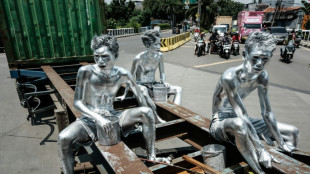
-
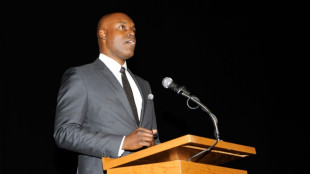 Toronto festival head says Trump tariffs would hurt film quality
Toronto festival head says Trump tariffs would hurt film quality
-
Trump talks tough on China, but early focus elsewhere
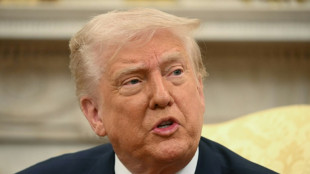
-
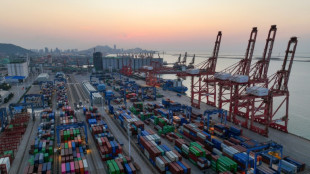 China vows to defend 'justice' in looming trade talks with US
China vows to defend 'justice' in looming trade talks with US
-
Man Utd seek to finish off Athletic Bilbao in chase for Europa glory
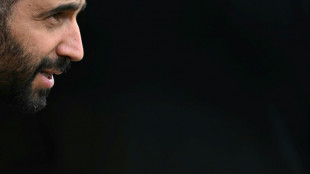
-
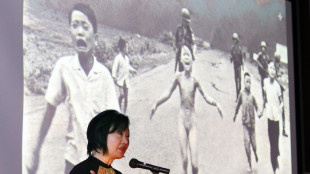 AP to continue crediting 'Napalm Girl' photo to Nick Ut after probe
AP to continue crediting 'Napalm Girl' photo to Nick Ut after probe
-
Colombia moves to join China's Belt and Road
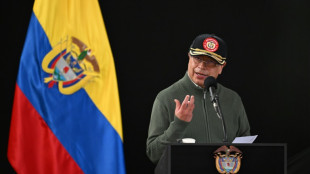
-
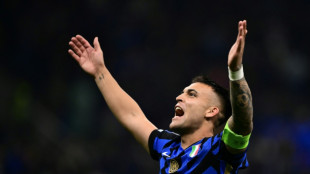 Martinez cried 'for two days' after nearly missing Barca triumph with injury
Martinez cried 'for two days' after nearly missing Barca triumph with injury
-
US, Chinese officials to hold trade talks in Switzerland
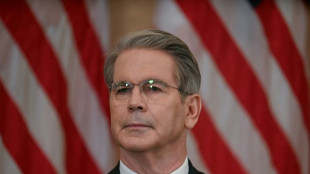
-
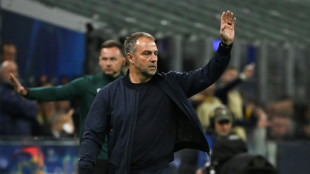 Barca 'will be back' after painful Champions League exit to Inter, says Flick
Barca 'will be back' after painful Champions League exit to Inter, says Flick
-
US jury awards WhatsApp $168 mn in NSO Group cyberespionage suit
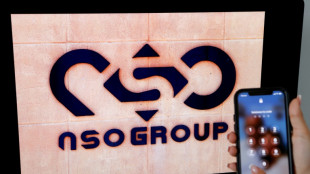
-
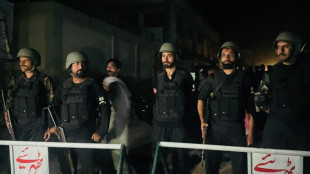 India launches strikes on Pakistan, Islamabad vows to 'settle the score'
India launches strikes on Pakistan, Islamabad vows to 'settle the score'
-
Trump vows 'seamless' experience for 2026 World Cup fans
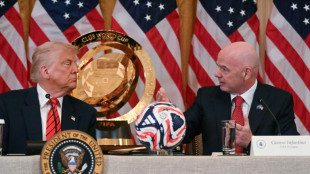
-
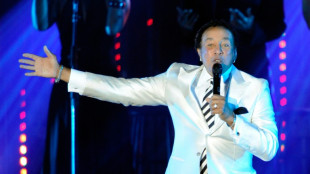 Motown legend Smokey Robinson sued for sexual assault
Motown legend Smokey Robinson sued for sexual assault
-
Trump hopes India-Pakistan clashes end 'very quickly'

-
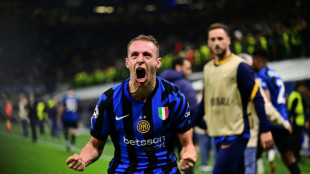 Frattesi shoots Inter into Champions League final after Barcelona epic
Frattesi shoots Inter into Champions League final after Barcelona epic
-
India launches strikes on Pakistan, Islamabad vows retaliation
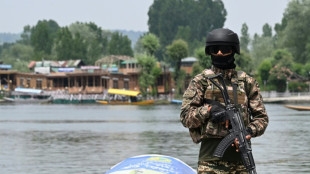
-
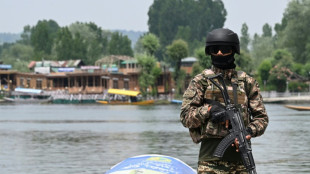 India launches strikes on Pakistan as Islamabad vows retaliation
India launches strikes on Pakistan as Islamabad vows retaliation
-
Alpine shock as F1 team principal Oakes resigns
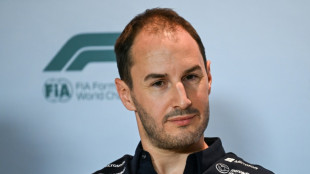
-
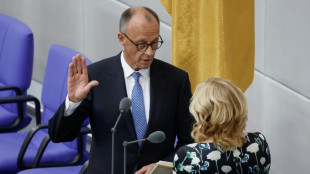 Merz elected German chancellor after surprise setback
Merz elected German chancellor after surprise setback
-
Gujarat edge Mumbai in last-ball thriller to top IPL table

-
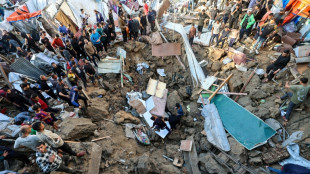 Israel's plan for Gaza draws international criticism
Israel's plan for Gaza draws international criticism
-
SpaceX gets US approval to launch more Starship flights from Texas
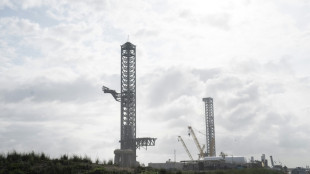
-
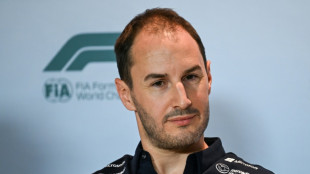 Alpine F1 team principal Oakes resigns
Alpine F1 team principal Oakes resigns
-
Colombia's desert north feels the pain of Trump's cuts
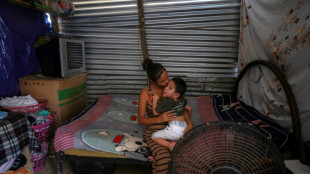
-
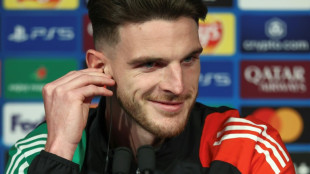 Arsenal determined 'to make a statement' against PSG in Champions League semi-final
Arsenal determined 'to make a statement' against PSG in Champions League semi-final
-
Top US court allows Trump's ban on trans troops to take effect
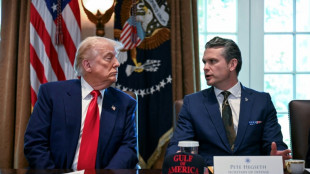
-
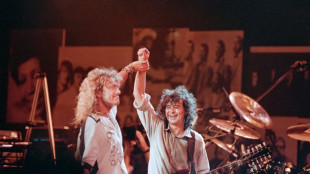 Whole lotta legal argument: Led Zeppelin guitarist Page sued
Whole lotta legal argument: Led Zeppelin guitarist Page sued
-
US, Yemen's Huthis agree ceasefire: mediator Oman
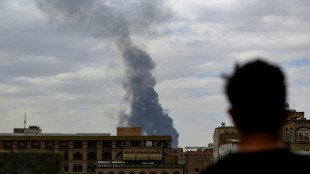
-
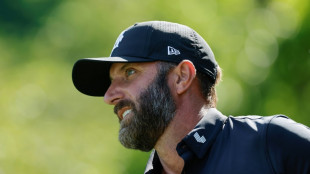 Johnson receives special invite to PGA Championship
Johnson receives special invite to PGA Championship
-
Trump says US should to stop 'subsidizing' Canada as trade talks continue
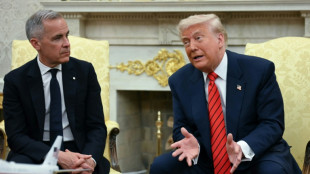
-
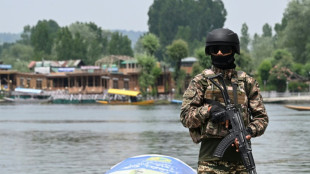 Indian PM vows to stop waters key to rival Pakistan
Indian PM vows to stop waters key to rival Pakistan
-
Thousands demonstrate in Panama over deal with US military
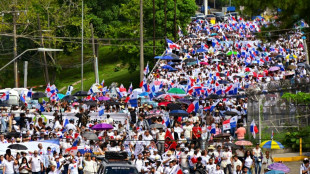
-
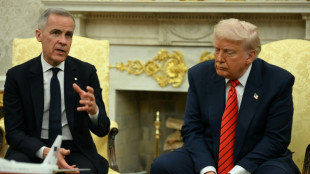 Canada 'never for sale', Carney tells Trump
Canada 'never for sale', Carney tells Trump
-
Vatican readies for conclave lockdown
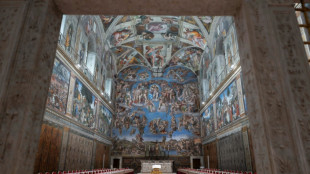
-
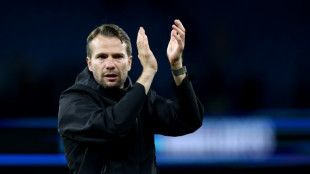 Championship club Watford sack manager Cleverley
Championship club Watford sack manager Cleverley
-
New German leader Merz stumbles out of the blocks
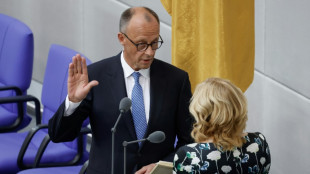
-
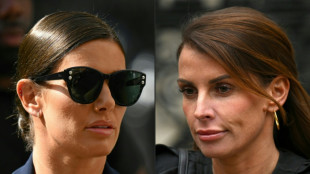 'Wagatha Christie': Vardy and Rooney settle on legal costs
'Wagatha Christie': Vardy and Rooney settle on legal costs
-
Defending Rome champion Zverev blames burn out on poor run of form
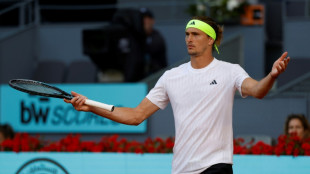
-
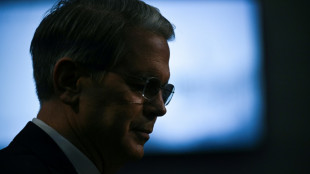 No signs of US recession, Treasury Secretary says
No signs of US recession, Treasury Secretary says
-
Israel pummels Yemen airport in reprisal against Huthis
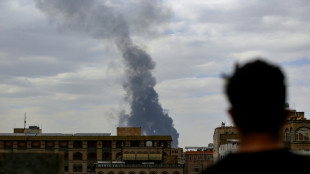
-
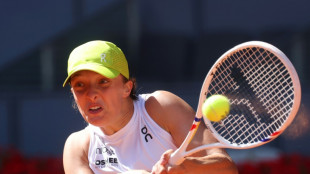 Swiatek struggling with 'perfectionism' ahead of Rome
Swiatek struggling with 'perfectionism' ahead of Rome
-
Germany's Merz elected chancellor after surprise setback
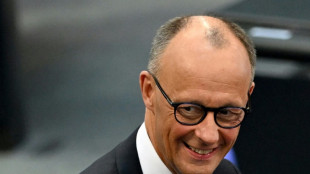

Nicaragua a political headache for Latin American left
Nicaraguan President Daniel Ortega's move to strip more than 300 critics and political opponents of citizenship, and Chile's forceful condemnation, have shone a spotlight on a deep ideological divide between leftist Latin American leaders.
Spread as they are across the leftist spectrum -- from European-style social democracy on one end to heavy-handed, one-party rule on the other -- Latin American governments have failed to come up with a cohesive response to an act condemned by the UN.
Chile's Gabriel Boric is alone in the region, so far, in overtly denouncing Ortega's actions, branding him a "dictator."
Argentina, Colombia and Mexico waited a few days, then offered solidarity, asylum, even nationality to now stateless dissidents. But without any harsh words for Ortega.
Brazil, where Luiz Inacio Lula da Silva took over on January 1, is still silent.
For most leftist Latin American presidents, "ideology weighs more heavily than reality," Michael Shifter of the Inter-American Dialogue think-tank in Washington told AFP.
"For their more radical bases, condemning Ortega could be interpreted as an alignment with Washington," he added -- "still a sensitive question" after decades of US interference in the affairs of Latin American countries, especially ones governed by the left.
On February 9, Ortega's government expelled 222 political prisoners -- including jailed opposition leaders -- to the United States, and stripped them of their citizenship.
A few days later, a court yanked citizenship from another 94 exiled dissidents and declared them "traitors to the fatherland."
Spain was quick to offer the dissenters a passport.
Closer to home, Boric was the first to react in Latin America. Chile's youngest-ever president called Ortega a "dictator" in a tweet offering a "fraternal hug" to those targeted.
Boric's "forcefulness" put his peers in a difficult position, analysts told AFP.
- Lula silent -
Lula's victory over far-right ex-president Jair Bolsonaro in elections last year, cemented what some have called a new "pink tide" of leftist governments taking over in the region.
Boric won in a tight runoff against a far-right rival in 2021, while Colombia got its first-ever leftist president in Gustavo Petro last year.
Honduras, Bolivia, Peru and Argentina are other countries to have recently rejected the right in elections.
But the current crop of leftist Latin American leaders seem to have less in common than those -- including Lula -- who came in on the region's first "pink tide" of the 1990s and early 2000s, analysts say.
Three leftist governments in Latin America -- Cuba, Nicaragua and Venezuela -- are under US sanctions accused of rights abuses and authoritarian leanings.
On the other end of the spectrum, Chile's Boric points to Europe as the inspiration for the "social welfare" state he wants to create.
While Boric came out guns blazing on February 18, others dithered.
Three days later, this Tuesday, Argentina's center-left government said it was "in a position to give citizenship" to denaturalized Nicaraguans.
On Wednesday, Mexico's populist left wing President Andres Manuel Lopez Obrador as well as the government of Colombia's Petro, made similar offers.
Lopez Obrador insisted, though, that Nicaragua solve its problems through dialogue.
Through all of it, Brazil's Lula -- often described as an icon of the left -- has remained silent.
"Lula faces a dilemma, because part of his (governing) coalition would like a condemnation, but a wing of (his) Workers Party has no interest... Silence is the best strategy" for political survival, said Oliver Stuenkel, international relations professor at the Getulio Vargas Foundation in Sao Paulo.
Venezuela's President Nicolas Maduro, meanwhile, is a devout Ortega defender.
In December, after Boric condemned Nicaragua's jailing of "political prisoners," Maduro lashed out at a "cowardly left" taking aim at the "courageous president of the Republic of Nicaragua."
Nicaraguan writer Gioconca Belli, one of those targeted by Ortega, said Thursday she would accept Chile's offer of citizenship.
O.Norris--AMWN